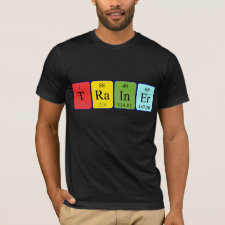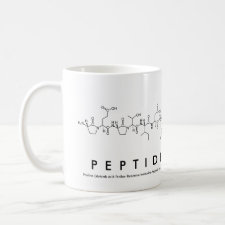
Authors: Atayat A, Mergola L, Mzoughi N, del Sole R
Article Title: Response surface methodology approach for the preparation of a molecularly imprinted polymer for solid-phase extraction of fenoxycarb pesticide in mussels.
Publication date: 2019
Journal: Journal of Separation Science
Volume: 42
Issue: (18)
Page numbers: 3023-3032.
DOI: 10.1002/jssc.201900344
Abstract: The aim of this work was to develop an efficient method for the selective extraction and analysis of fenoxycarb, a carbamate pesticide, in mussel samples using a molecularly imprinted solid-phase extraction device. The optimization of molecularly imprinted polymer synthesis was performed using the experimental design under the response surface methodology approach. A fast rebinding study and Freundlich isotherm adsorption were carried out to calculate binding capacity B, site number n, and affinity constant Kf. The optimum molecularly imprinted polymer was successfully used as sorbent of a solid-phase extraction cartridge for the determination of fenoxycarb in real mussel samples. The range of linearity was 0.3-30 mg/L with a correlation coefficient of 0.991. The limit of detection was 0.247 mg/kg. The recovery of fenoxycarb extracted from mussel samples of Mediterranean sea was 97% (n = 3) with relative standard deviation between 6 and 7% proving the reliability of the developed method
Template and target information: fenoxycarb
Author keywords: fenoxycarb, Molecularly imprinted polymers, Mussel, pesticides, Response surface methodology



Join the Society for Molecular Imprinting

New items RSS feed
Sign-up for e-mail updates:
Choose between receiving an occasional newsletter or more frequent e-mail alerts.
Click here to go to the sign-up page.
Is your name elemental or peptidic? Enter your name and find out by clicking either of the buttons below!
Other products you may like:
 MIPdatabase
MIPdatabase









